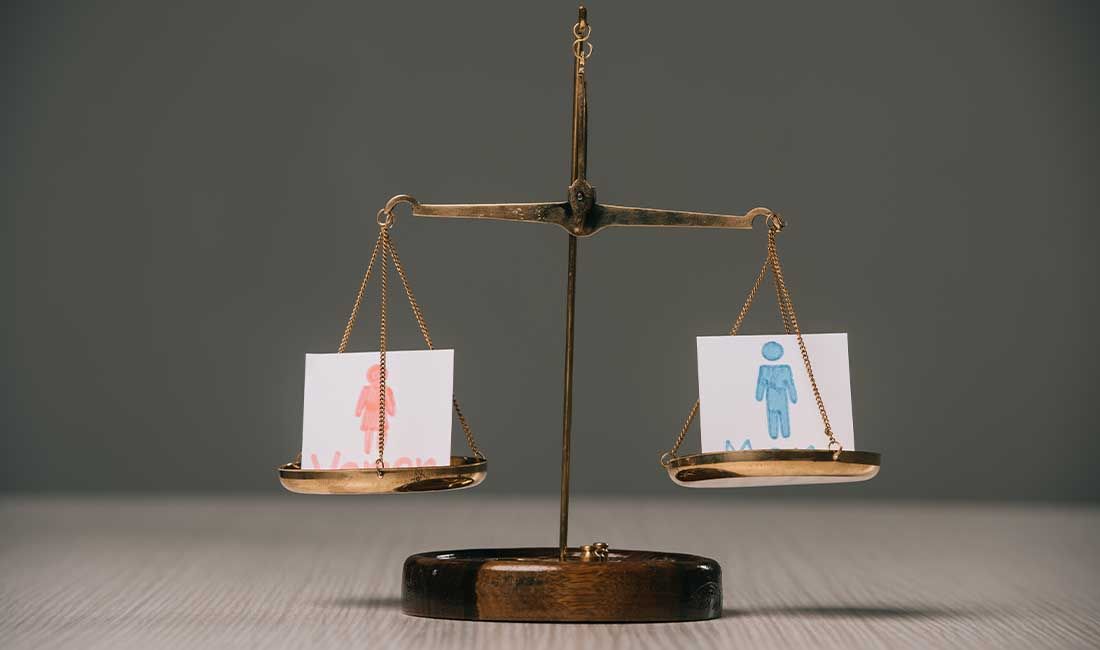Legal Lowdown: Employees' Right to Privacy

| W.E.U Admin | Workplace Wellbeing
TAGS: Privacy
The Bărbulescu v Romania decision by the European Court of Human Rights (ECHR) underscores the critical need to strike a fair balance between an employer’s legitimate interests in monitoring communications and employees’ right to privacy.
Background of the Case
In this landmark dispute, a Romanian engineer set up a Yahoo Messenger account at his employer’s request to handle customer inquiries. Although the employer prohibited personal use of work communications systems, it did not inform employees that their messages would be monitored. After reviewing the transcripts—which contained sensitive personal information—the employer dismissed him for breaching the rule.
Chamber Judgment vs. Grand Chamber Judgment
The initial Chamber found that a fair balance had been struck and deemed the dismissal lawful. However, the Grand Chamber overturned that decision, concluding that although the ban on personal use was clear, the employee had not been given advance warning of the nature and extent of the monitoring or the possibility that his personal communications would be accessed.
Key Principles Established
- Proportionality: Any monitoring must be proportionate to the legitimate aim pursued (source).
- Clear Notice: Employers must inform employees in advance about why, how, and to what extent monitoring will occur.
- Legitimate Expectation of Privacy: A total ban on personal use does not remove all privacy rights.
Practical Guidance for Employers
To comply with Article 8 of the European Convention on Human Rights and avoid litigation under employees’ right to privacy protections, employers should:
- Conduct an Impact Assessment: Evaluate the necessity of monitoring, consider less intrusive methods, and assess the impact on employee privacy.
- Provide Clear Communication: Issue written policies explaining the monitoring’s purpose, scope, and duration before implementation.
- Limit Access to Content: Restrict reading personal communications to situations where it is strictly necessary.
- Review and Update Policies: Regularly revisit monitoring practices to ensure they remain justified and proportionate.
Further Reading
For a deeper exploration of balancing workplace monitoring and privacy rights, see our Legal Lowdown: Employees’ Right to Privacy.
workersofengland.co.uk | Independent Workers Trade Union

















